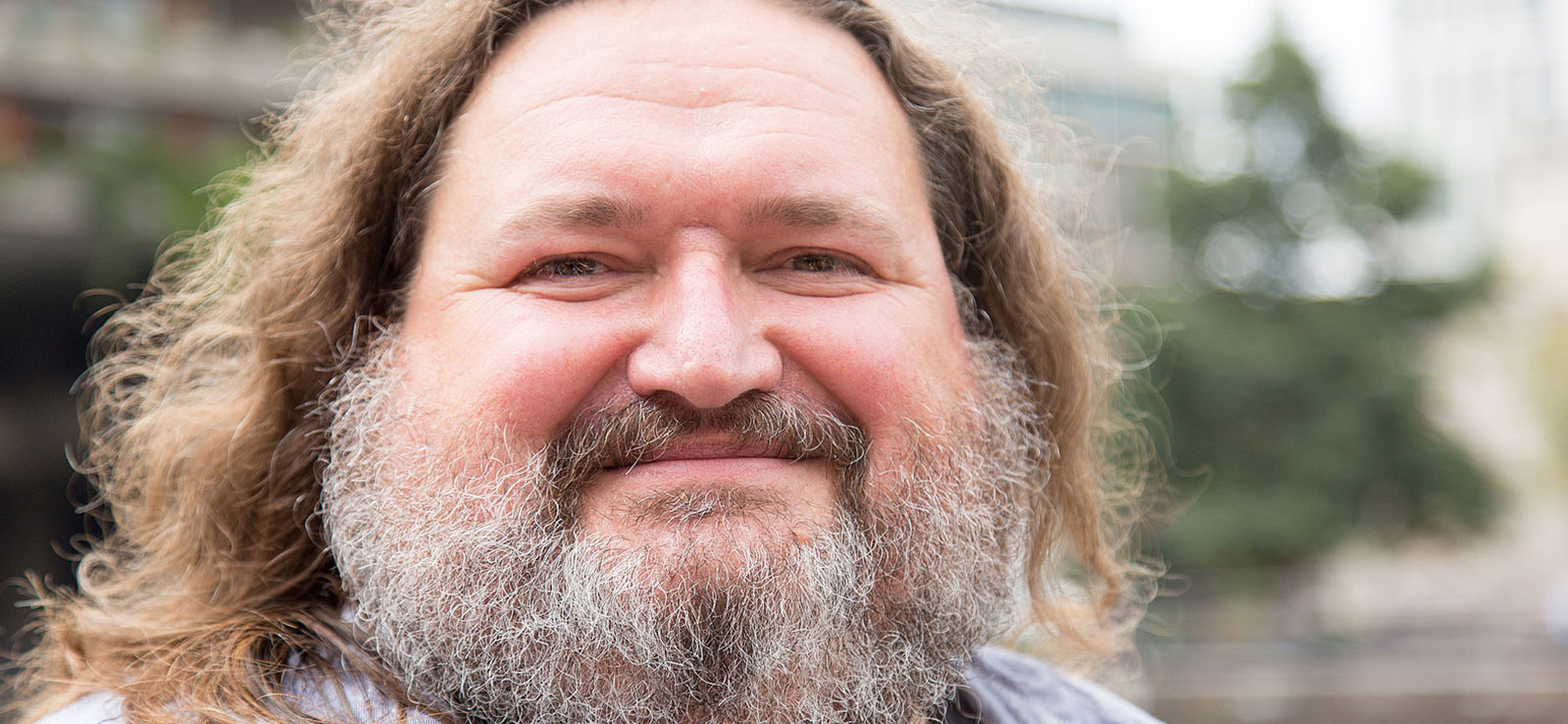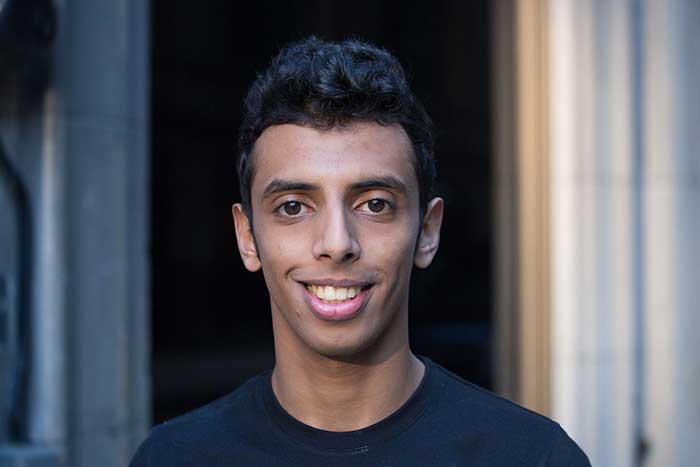Lionel Allorge
With millions of images available online, it’s easy to think that sharing and using those photos ends with just a click and a save. But the rights to many of these photos still belong to their photographer, and require permission or payment to use. This is often true of even iconic images, such as pictures of national monuments or historical events.
That’s why Lionel Allorge, a photographer and programmer from France, began to release his photography under free licenses to Wikimedia Commons. Unlike conventionally copyrighted images, images released under Creative Commons licenses do not require permission with every use.
“I took pictures for Wiki Loves Monuments, a yearly event where people try to take pictures of places that are of historical interest,” says Allorge. “In France, we are pretty rich with these monuments, so it became kind of like a game to try to take a picture of all of them.”
Recently, Lionel worked with the ToucanWings team to shoot the Palace of Versailles, a major Parisian landmark, from the air. Aerial photographs of the palace exist, but those photos were not free to use.
I think the main success factor of Wikipedia is really that it is free as in beer, and free as in freedom.
“Everybody was pleased with what we did, especially the people [who run the Palace],” he says. “Before, they had to pay to use photos from the sky taken by professionals. Now, because the photos [we took] have a free license, they can reuse it whenever they want.”
Allorge has more recently become involved with “GLAM” projects, where he films and photographs those who work in museums.
“We are working with ceramic factory called Sèvres near Paris, well known for their traditional French ceramics,” explains Allorge. “We are filming the people making those ceramics so we can save that knowledge for future generations.”
He says being able to contribute to Wikipedia in an area that is not a part of his profession has been refreshing. What’s even more exciting for Lionel is how wildly perceptions of Wikipedia have changed over time.
“At first, everyone was suspicious about Wikipedia, not knowing whether it’s truthful. But now most people I know trust it as the first place to go when you want to find out about something,” he says. “I think the main success factor of Wikipedia is really that it is free as in beer, and free as in freedom.”


